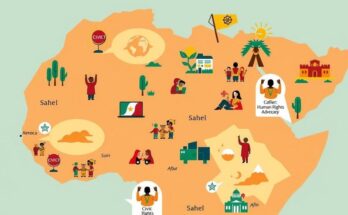In a recent decision, the UN Human Rights Committee highlighted Albania’s violation of the rights of three Roma children due to their births not being registered, leading to their lack of legal recognition and the looming threat of statelessness. These children, born in Greece to Albanian parents, faced hurdles in registration because their parents possessed no legal residency status. Thus, the children’s birth certificates remained incomplete, denying them proper names and identity.
Upon returning to Albania, the parents struggled to navigate further bureaucratic obstacles. According to Albanian Law no. 8389, a child born to Albanian nationals should automatically acquire citizenship. However, without formal birth registration, the children lingered in a bureaucratic quagmire, subsequently unable to access education, healthcare, or social services, leaving them adrift in a sea of legal limitations.
In 2018, after seeking every possible local remedy, the families escalated their plight to the UN Human Rights Committee, alleging violations of their rights as enshrined in the International Covenant on Civil and Political Rights (ICCPR). They argued that their failure to be recognised legally barred them from fundamental rights, equal treatment, and participation in public life—a heartbreaking revelation of their invisibility.
The committee determined that Albania indeed infringed upon the children’s rights. They pointed to specific articles of the ICCPR, noting Albania’s failure to facilitate birth registration and citizenship acquisition. Furthermore, the ruling underscored the specific discrimination faced by Roma communities in Albania, whose mobility exacerbates their vulnerability in a society that often disregards their presence.
The UN Human Rights Committee found Albania violated the rights of three Roma children by failing to register their births, which left them at risk of statelessness. Born to Albanian parents in Greece, the children could not be formally registered due to their parents’ lack of residency status. The resulting absence of legal recognition barred them from education and healthcare. After domestic remedies were exhausted, the families escalated their case to the UN, which ruled in their favour yet again highlighting the discriminatory practices faced by Roma communities.
The UN Human Rights Committee’s ruling serves as a powerful reminder of the urgent need for Albania to rectify its bureaucratic barriers that hinder the rights of Roma children. The committee’s findings underscore the critical importance of recognition, inclusion, and protection for vulnerable groups, urging Albania to take swift corrective actions to ensure that every child, regardless of their background, is granted their rightful identity and access to essential services.
Original Source: www.jurist.org



